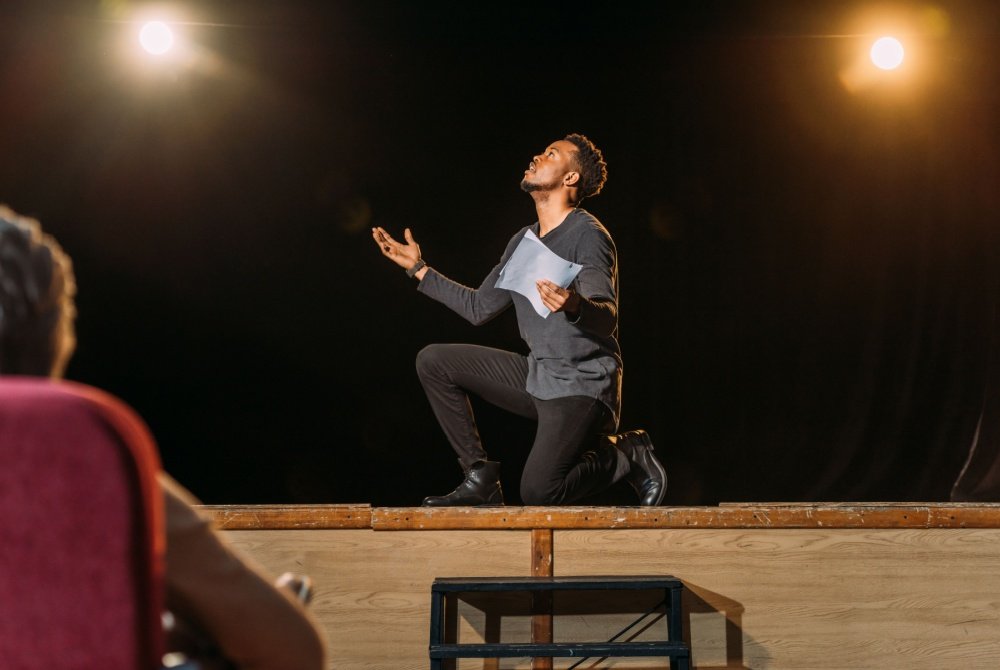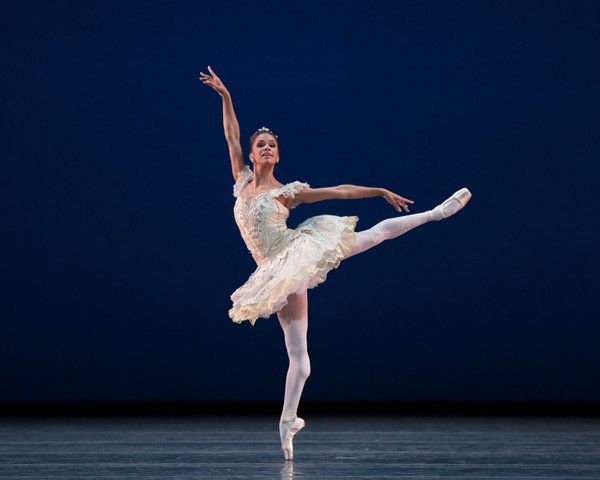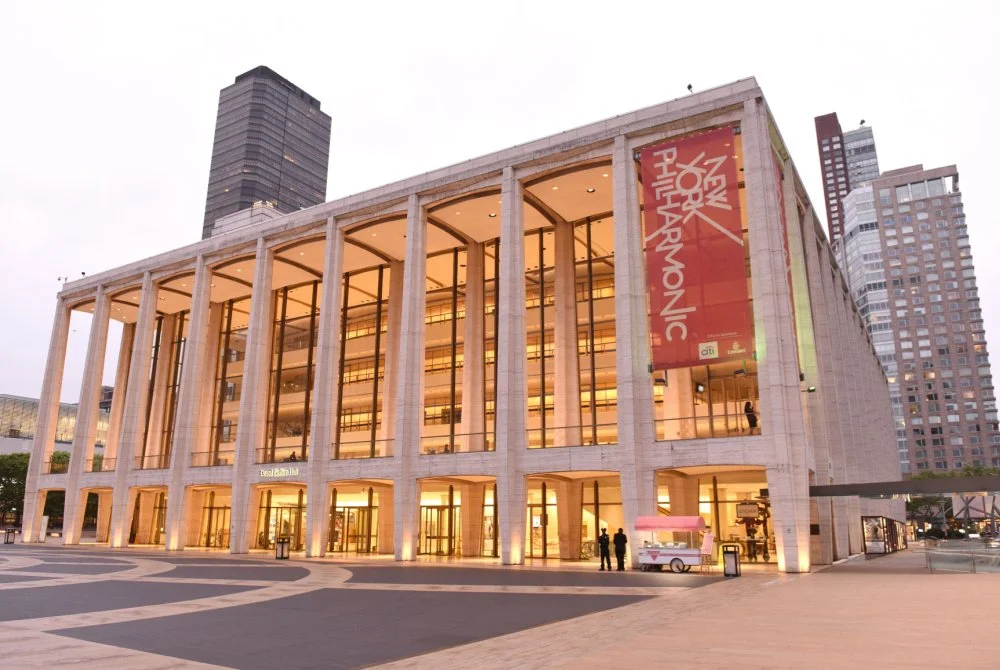Flipping the Script: A Wealthy West Coast Transplant Sends an Arts Mega-Gift Back East
/The Shed will serve as the cultural anchor of the new hudson yards development. photo: Inspired By Maps/shutterstock
In a recent post looking at the emergence of Los Angeles as an international arts mecca, we quoted native Brooklynite David Geffen, who said, "Los Angeles is the city of the future."
Recent news suggests that not every arts mega-donor agrees.
Scheduled to open at Hudson Yards in New York City in the spring of 2019, The Shed arts center received a $75 million gift from Michael Bloomberg's Bloomberg Philanthropies last year. Earlier this month came word of a new $45 million infusion to the center from a donor who made his fortune in, ironically enough, Los Angeles.
That would be Frank McCourt Jr., Shed board member, businessman, and the former owner of the Los Angeles Dodgers. In recognition of the gift, The Shed's 17,000-square-foot multi-use hall will be named The McCourt. The McCourt can accommodate large-scale performances, installations and events, and is formed when The Shed’s movable shell is extended over the building’s adjoining plaza.
"I am a strong believer in the mission of The Shed and its potential to celebrate both innovation and community in the artistic world and beyond," said McCourt.
As the larger visual arts world increasingly turns its attention towards issues like fighting inequality and engaging diverse audiences, The Shed's mission has come into sharper focus as of late, particularly after Daniel L. Doctoroff, The Shed’s board chairman and president, was instructed by Bloomberg to "do something that will keep New York on the cultural edge."
To that end, McCourt's gift coincided with news that The Shed will continue to expand its pre-opening commissioning program to embrace multidisciplinary artists. For instance, DIS OBEY, developed for participants ages 16 to 19, will explore and provide space for protest and creative action through writing, storytelling, and visual art workshops
The Shed also issued a call for proposals from early-career New York artists in all disciplines for its Open Call commissioning program.
"Nurturing artists at the start of their careers is as important to The Shed’s mission as presenting new work by established artists; crucially, all Open Call exhibitions and performances will be free and open to the public," said Emma Enderby, curator at The Shed. "The panelists we are enlisting for the review process represent a diversity of voices within various fields and we likewise encourage artist proposals from all artistic disciplines."
In the past, I've wondered—along with others—about the need for a costly new arts center on the far West Side of Manhattan that sits in a vertical forest of multi-million-dollar condos. This is a moment, after all, when there's a lot of attention to ensuring more equitable arts funding in a city where many small arts nonprofits are struggling, especially in the outer boroughs. Also, The Shed isn't the only new cultural venue being built in a very pricey part of Manhattan. Down at other end of the High Line, not far from where the new Whitney Museum opened in 2015, construction has begun on Pier 55—aka Diller Island.
Clearly, though, The Shed has been attuned to the need to articulate its added value. And McCourt's gift is an important boost on the fundraising front—from a mega-donor who's a less-than-usual suspect.
In 1977, McCourt founded the McCourt Company in his native city of Boston. It specializes in the development of major commercial real estate projects, particularly parking lots. In 2004, the McCourt family and his company relocated to L.A. and bought the Los Angeles Dodgers for $430 million from Rupert Murdoch's News Corp.
In 2008, he bought the operating rights to the Los Angeles Marathon, which he still owns.
After settling what Business Insider called the "nastiest billionaire divorce ever" in 2011, McCourt sold the Dodgers a group consisting of former L.A. Laker Magic Johnson, former baseball executive Stan Kasten, and the Guggenheim Partners for a record price of $2 billion, the highest ever for a professional sports team.
He eventually turned to new business ventures, purchasing the French soccer club Olympique de Marseille in 2016.
More intriguingly, he ramped up his philanthropy.
In 2013, he gave $100 million to his alma mater, Georgetown, to establish the McCourt School of Public Policy. In 2015, he gave $10 million to the Future Project, a New York City-based nonprofit that provides underserved high school students and college admissions and career planning services.
And now, three years later, he's turned his attention back east with the $45 million gift to The Shed.
McCourt's now made three impressive gifts since selling the Dodgers, all within a relatively brief timeframe. With a net worth estimated at $1.2 billion, I suspect we'll be hearing more from him in the future.
Speaking of the future, I'd like to make one final point regarding the friendly competition between New York City and Los Angeles.
When Guess co-founder and fellow Angeleno Maurice Marciano declared that "Los Angeles is getting to be like the art center of the world," he tapped into a compelling narrative framing L.A. as the innovative, forward-looking upstart and New York as the calcified city of yesteryear.
Have we seen an unprecedented amount of money flow to Southern California? Sure. But many of New York's esteemed legacy institutions are holding their own. Most recently, the New York Philharmonic and Metropolitan Museum of Art both netted huge donations a few months after shelving controversial capital projects.
Then there's The Shed, where donors have thus far responded enthusiastically, judging by the latest fundraising tallies.
"Including this generous gift from Frank McCourt and a $75 million leadership gift from Bloomberg Philanthropies announced last year, we have raised $453 million toward our $550 million capital campaign," Daniel L. Doctoroff said.
The future, it seems, is alive and well in the Big Apple after all.
"We are well on our way to creating America’s largest cultural startup and realizing our dynamic vision for a cultural institution of and for the 21st century," Doctoroff said.







































